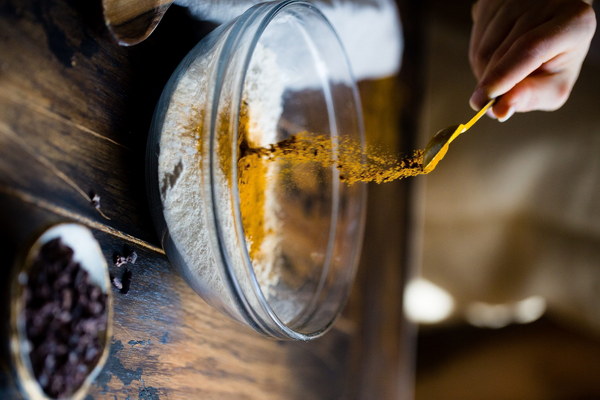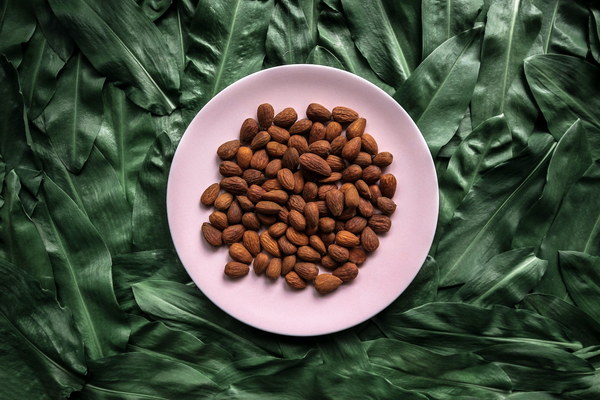Is Water Really the Key to Nurturing Your Kidneys
In the realm of traditional Chinese medicine, the concept of water nourishing the kidneys holds significant weight. But is there any truth to this belief? Let's dive into the world of kidney health and explore whether water truly plays a vital role in nurturing these vital organs.
First and foremost, it is essential to understand the importance of kidneys in our body. As the primary filters of the blood, kidneys play a crucial role in removing waste products and excess substances from the body. Additionally, they regulate blood pressure, produce red blood cells, and maintain the balance of electrolytes.
According to traditional Chinese medicine, the kidneys are the root of life, and they are responsible for storing essence and controlling the growth and development of the body. This essence, known as Jing, is vital for overall health and longevity. Therefore, preserving and nurturing the kidneys is of utmost importance.
Now, let's address the question at hand: Is water the key to nurturing the kidneys? The answer lies in understanding the relationship between hydration and kidney function.
Proper hydration is essential for maintaining healthy kidney function. When the body is dehydrated, the kidneys have to work harder to filter waste products, which can lead to a build-up of toxins and other harmful substances. Adequate water intake helps dilute the urine, which in turn, aids in the removal of waste from the body.

Moreover, staying hydrated supports the proper balance of electrolytes in the body. Electrolytes, such as sodium, potassium, and calcium, are crucial for maintaining the body's fluid balance and ensuring that the kidneys can perform their functions effectively.
While water is a vital component of kidney health, it is not the only factor. A well-rounded approach that includes a balanced diet, regular exercise, and adequate sleep is also essential in nurturing the kidneys.
Here are some tips to help you maintain kidney health:
1. Drink plenty of water: Aim for at least 8-10 glasses of water per day, depending on your body's needs and the climate you live in.
2. Eat a balanced diet: Incorporate a variety of fruits, vegetables, lean proteins, and whole grains into your diet to support overall kidney health.
3. Exercise regularly: Physical activity helps improve circulation and can aid in maintaining a healthy weight, which is important for kidney health.
4. Limit salt intake: High salt intake can increase blood pressure and lead to kidney damage. Try to limit your salt consumption to no more than 2,300 milligrams per day.
5. Avoid excessive alcohol and caffeine: Excessive consumption of alcohol and caffeine can strain the kidneys and impair their function.
6. Get regular check-ups: Regular health screenings can help detect any kidney issues early on.
In conclusion, while water is not the only key to nurturing the kidneys, it is an essential component of maintaining healthy kidney function. By staying hydrated and adopting a healthy lifestyle, you can support your kidneys and enjoy a long, healthy life. Remember, the body's intricate systems work together, and proper hydration is just one piece of the puzzle in achieving overall wellness.









